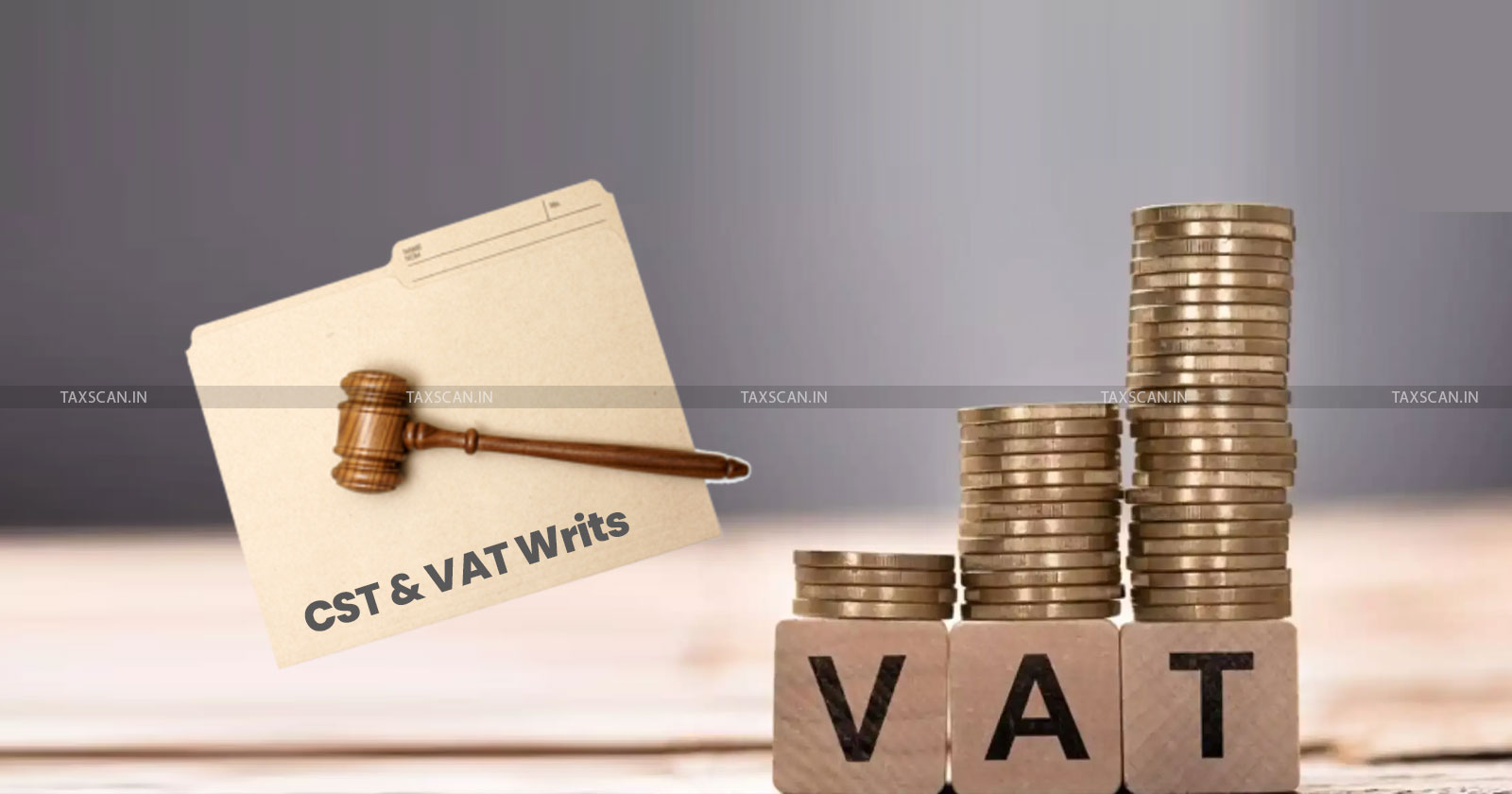Payment to Consultant Doctors not salary in absence of Fixed Pay, TDS Deductible u/s 194J: Bombay HC [Read Order]
These doctors themselves also do not treat the remuneration received from the Assessee Hospital as a salary, as contended by the Assessing Officer
![Payment to Consultant Doctors not salary in absence of Fixed Pay, TDS Deductible u/s 194J: Bombay HC [Read Order] Payment to Consultant Doctors not salary in absence of Fixed Pay, TDS Deductible u/s 194J: Bombay HC [Read Order]](https://images.taxscan.in/h-upload/2025/09/19/2088596-consultant-doctors-absence-of-fixed-pay-tds-deductible-taxscan.webp)
The Bombay High Court has held that payments to consultant doctors are not salary in absence of fixed pay. Hence, TDS ( Tax Deduction at Source ) is deductible under Section 194J of the Income Tax Act, 1961.
The Appellant - Revenue challenged the order dated 8th September 2017 (the impugned order) passed by the Income Tax Appellate Tribunal ( “ITAT”) under the provisions of Section 260A of the Income Tax Act, 1961 (IT Act). Dr. Balabhai Nanavati Hospital, the Assessee (the Respondent-Hospital) is a Trust, which is engaged in the business of running a hospital.
In relation to this Trust, a survey under Section 133A was conducted in their premises on 4th October 2010 and a discrepancy was found in deducting TDS, filing of quarterly TDS Returns and delay in deduction of TDS.
 Also Read:Single Judge Cannot Dismiss CST & VAT Writs for Alternative Remedy Once Division Bench Remits Decision on Merits: Chhattisgarh HC [Read Order]
Also Read:Single Judge Cannot Dismiss CST & VAT Writs for Alternative Remedy Once Division Bench Remits Decision on Merits: Chhattisgarh HC [Read Order]
According to the Revenue, it was observed that the Assessee had appointed consultant doctors on its panel. The Assessing Officer noted that the Assessee had deducted TDS from the honorarium pay to these doctors under Section 194J, treating it as fees for professional services.
The Assessing Officer, after examining the appointment letters and the agreement with these consultant/honorary doctors, observed that the Respondent- Hospital exercised a great deal of control over these doctors by subjecting them to various restrictive clauses provided in the terms of employment.
Comprehensive Guide of Law and Procedure for Filing of Income Tax Appeals, Click Here
This was apart from working attendance conditions, placing accountability and governing leave etc. In these facts, the Assessing Officer concluded that the consultant doctors are employees of the Assessee and the payment made to them was in the nature of “salary”, and therefore TDS ought to have been deducted under Section 192 of the IT Act, instead of Section 194J. Accordingly, the Assessing Officer held the Assessee in default under Section 201(1) and 201(1A) of the IT Act and raised a demand of tax and interest.
Being aggrieved by the order of the Assessing Officer on both the aforesaid counts, the Assessee filed Appeals before the Commissioner of Income Tax (Appeals) [“CIT(A)”]. The CIT(A), for A.Y. 2007-08 to A.Y. 2010-11 [Income Tax Appeal Nos. 2758, 2451, 2612, & 2488, all of 2018], after hearing the respective parties and for the reasons stated in the order dated 30th March 2013, allowed the Appeals of the Assessee. So far as A.Y. 2011-12 is concerned, the CIT(A), insofar as the issue of payment to the consultant/honorary doctors was concerned, held in favour of the Assessee.
However, for payments made under the AMCs, the CIT(A) held that some AMCs were in the nature of providing “technical services”. For A.Y. 2012-13, in so far as the issue of payment to the consultant/honorary doctors was concerned, the CIT(A) held in favour of the Assessee.
The question is whether the ITAT was justified in holding that there exists an employer-employee relationship between the Assessee and the consultant/honorary doctors, and that the payments made to them by the Assessee would come under the purview of Section 194J of the IT Act. The remuneration paid to these consultant/honorary doctors is nothing but a ‘Salary’, and hence, TDS ought to have been deducted under Section 192 instead of Section 194J of the IT Act.
Both the Authorities below have examined the factual aspects of the matter and thereafter concluded that the doctors in question cannot be termed as employees of the Assessee Hospital. They have come to this finding for good reason. As mentioned earlier, these doctors are appointed firstly on a probation basis, taking into consideration their qualification and expertise in the area of their specialization.
Comprehensive Guide of Law and Procedure for Filing of Income Tax Appeals, Click Here
Most importantly, they do not receive any fixed monthly remuneration, and it depends upon the work they do. In fact, a part of the remuneration paid by the patients towards these doctors is retained by the Hospital. Further, these doctors are also free to practice independently in other Hospitals, other than the Assessee Hospital.
No PF or ESIC facilities are extended to these doctors and neither are any perquisites given to them. These doctors attend to their duties on the basis of the needs of the patients and they are not bound by any fixed schedule for attending the Hospital. In other words, the Assessee Hospital does not exercise any real supervisory control in respect of the work entrusted to these doctors.
A division bench of Justices B.P. Colabawalla and Firdosh P. Pooniwalla observed that the relationship between the Assessee Hospital and these doctors, cannot and does not create any relationship of “employer and employee”. Another factor which is also important to note is that these very doctors filed their Income Tax Return under the head “Income from Business or Profession”. These doctors themselves also do not treat the remuneration received from the Assessee Hospital as a salary, as contended by the Assessing Officer.
Support our journalism by subscribing to Taxscan premium. Follow us on Telegram for quick updates


